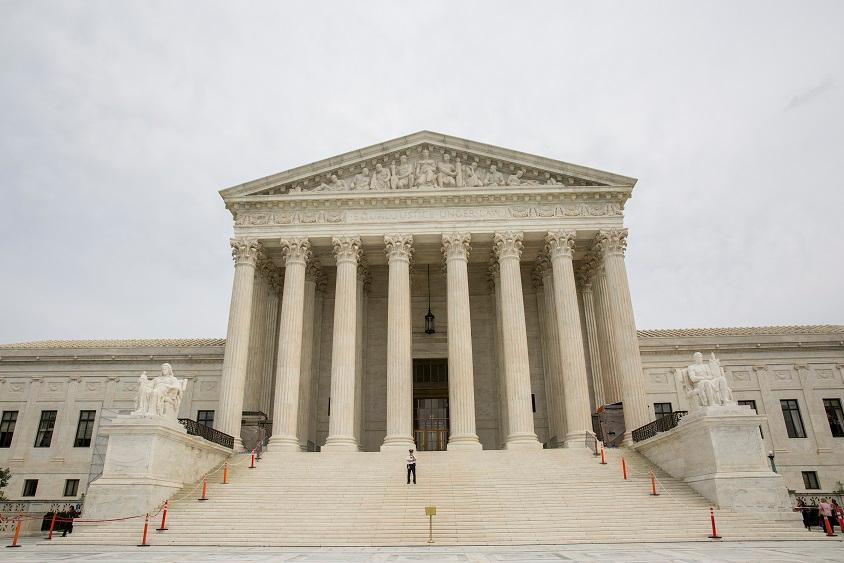A child rapist’s conviction for failing to register as a sex offender should be set aside because federal rules requiring him to register were created improperly, the offender’s lawyer told skeptical members of the Supreme Court on Oct. 2.
This is the second case of the court’s new term in which the issue is whether Congress delegated too much power to the executive branch, in violation of the Constitution. On Oct. 1, the court heard oral arguments in a case concerning regulations seeking to protect an endangered frog.





